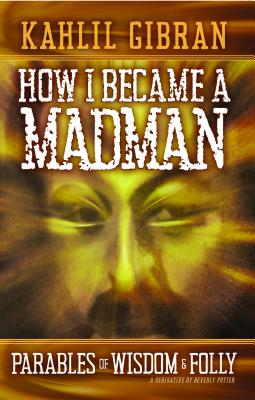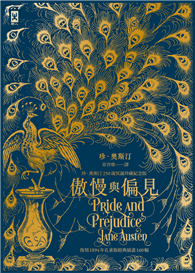HOW I BECAME A MADMAN consists of 34 short multi-paragraph sketches, vignettes, parables, and tales composed in a Nietzschean prophetic voice, the insights of Blake, and Eastern story-tellers. The opening passage presents Gibran’s theme of madness as social separation:
“You ask me how I became a madman. It happened thus: One day, long before many gods were born, I woke from a deep sleep and found all my masks were stolen -- the seven masks I have fashioned and worn in seven lives. I ran maskless through the crowded streets shouting, "Thieves, thieves, the cursed thieves."
Men and women laughed at me and some ran to their houses in fear of me.
And when I reached the market place, a youth standing on a house-top cried, "He is a madman." I looked up to behold him; the sun kissed my own naked face for the first time. For the first time the sun kissed my own naked face and my soul was inflamed with love for the sun, and I wanted my masks no more. And as if in a trance I cried, "Blessed, blessed are the thieves who stole my masks."
Thus I became a madman.
And I have found both freedom and safety in my madness; the freedom of loneliness and the safety from being understood, for those who understand us enslave something in us.
But let me not be too proud of my safety. Even a Thief in a jail is safe from another thief.”
Gibran shows that we wear masks to get along society that demands conformity for collective purposes, whereas to act without a mask, to think and speak and behave without the veil of illusion is to be mad. While being maskless frees us, it carries a risk of loneliness and misunderstanding as we become estranged from others. The Madman goes unnoticed, not listened to, and pitied by others.
The press for conformity absorbs society like nothing else. When we look beneath the masks of daily life, we find hypocrisy, greed, pride, sloth, ambition, vanity, conformity. These people do not see anything wrong with the ways of the world. Instead, in madness there is wisdom.
In HOW I BECAME A MADMAN a youth wants but to be himself, not what his parents and family demand he be, so he has fled to a madhouse —his hermitage — to be what he wants to be.
This is a heart-felt critique of hypocrisy, wealth, arrogance, and power versus the individual. Who has learned to disengage, to keep a distance while nevertheless relating to others with compassion and kindness.












